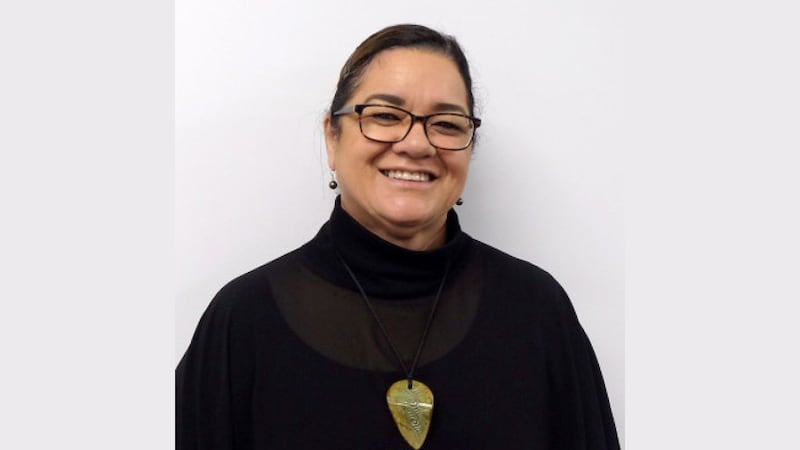The Government‘s newly announced review of the Treaty of Waitangi Act 1975 comes as the statute approaches its 50‑year milestone on October 10th.
Last Friday, Māori Development Minister, Tama Potaka, announced a four-member Independent Technical Advisory Group (ITAG) chaired by King‘s Counsel Bruce Gray, to examine whether the Waitangi Tribunal is “fit for purpose, not just for today, but for the generations to come.”
Former Attorney-General and Treaty Minister Christopher Finlayson supports a broad review of the Tribunal but warns that without clear long-term parameters, hard-won settlement gains risk being lost to bureaucratic amnesia.
“I worry, and it’s not a party political thing, but it’s a government thing, that treaty settlements, sure, they’re supposed to be full and final.
“But I do think that the government, by this, I mean the permanent civil servants, don’t fully understand the importance of the mahi, and they tend to forget,” says Finlayson.
During his nine years as Minister for Treaty of Waitangi Negotiations, Finlayson signed off 59 Treaty settlements - the largest number concluded by any minister.
Speaking candidly to Te Ao Māori News, Finlayson, who jokingly calls himself a “washed‑up politician,” stresses that the Waitangi Tribunal can not be disestablished and that it remains “a very important role in New Zealand society.”
Still, he has long argued for a thorough review of it “so it can plot the next 50 years with confidence.”
“I know some people criticise me for opening my mouth too much on various issues, but it’s simply because I worry that my legacy is at times being undermined…” says Finlayson.
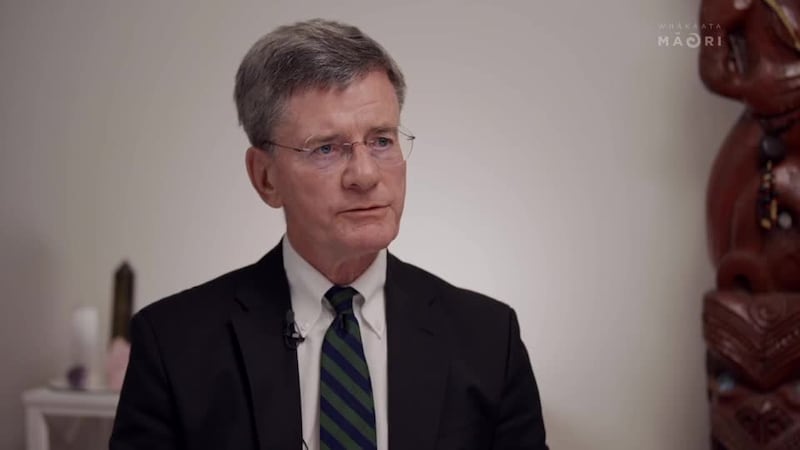
Finlayson: A review is overdue—civil servants are the real risk
“There is never a problem on the Māori side. There’s always a problem on the civil service side. And I don’t blame the politicians for this. I blame the civil servants..…”
He says that the public sector tends to forget that these agreements are not one‑off, with ongoing obligations on the Crown being ignored.
Finlayson cites recent cases like Te Ohu Kaimoana v Attorney‑General and the 28N rights dispute as evidence that officials are overlooking commitments underpinning settlements, putting the durability of ‘full and final’ deals at risk.
“They’re never done and dusted. There are ongoing obligations on the Crown, and the Crown is the major problem for the durability of Treaty settlements, as the Auditor General said recently, because they don’t remember,” says Finlayson.”
The Waitangi Tribunal review is part of the coalition agreement between New Zealand First and National. However, critics say the government is unfairly blaming historical settlements for the need to revisit the law.
When the Tribunal was established in 1975, it could only hear claims about breaches occurring after that year.
It wasn’t until 1985 that the Lange Labour Government expanded its mandate to investigate grievances dating back to 1840
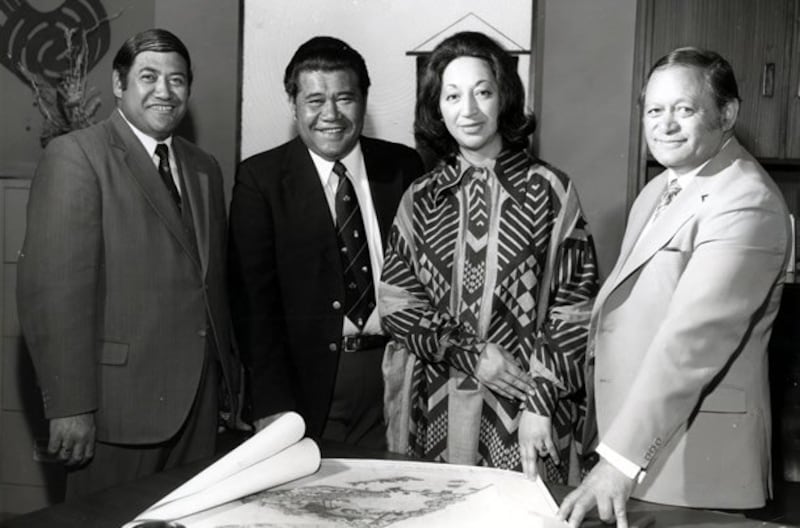
Jones: The original intent of the 1975 Act was for contemporary claims, not historical claims
Treaty Law scholar Dr Carwyn Jones says the coalition government‘s framing of the review is “misleading.”
“It seems as though they think the original intent of the Tribunal was to look at historical claims, when in fact the original legislation had no provision for looking at historical claims,” says Carwyn Jones.
Jones argues the Tribunal has already shown it can “adapt its own processes” to changing circumstances, first for historical inquiries, then for large kaupapa (thematic) claims, and warns that narrowing its powers now “risks restricting the ability of Māori to have rights under Te Tiriti recognised.”
“While there are some members of that advisory group that have experience with the Tribunal and Te Tiriti issues, not all of them seem to have really engaged in that space previously,
“So I think it will be really important that this advisory group does establish a good process for getting input from those who do have experience with the work of the Tribunal,” says Jones.
Finlayson agrees the Tribunal must retain its contemporary jurisprudence but wants the review to tackle “the size of the Tribunal, the make‑up of the Tribunal and so on.”
In response, Potaka agreed with the original intent of the act, speaking to Te Ao Māori News,
“Things changed, a lot of historical claims have been reviewed, and for the most part, most of the historical claims have been finalised. Naturally, many settlements have arisen out of the findings and recommendations of their claims, but more importantly, in negotiations and good faith between the Crown and Iwi.”
“There are five historical inquiries that are left to close and reports that will be written, including actually Mōkai Pātea, so one of my own iwi.”
In 2021, the minister became one of four principal negotiators for the Mōkai Pātea Waitangi Claims Trust, representing the wider Mōkai Pātea Nui Tonu claimant community.
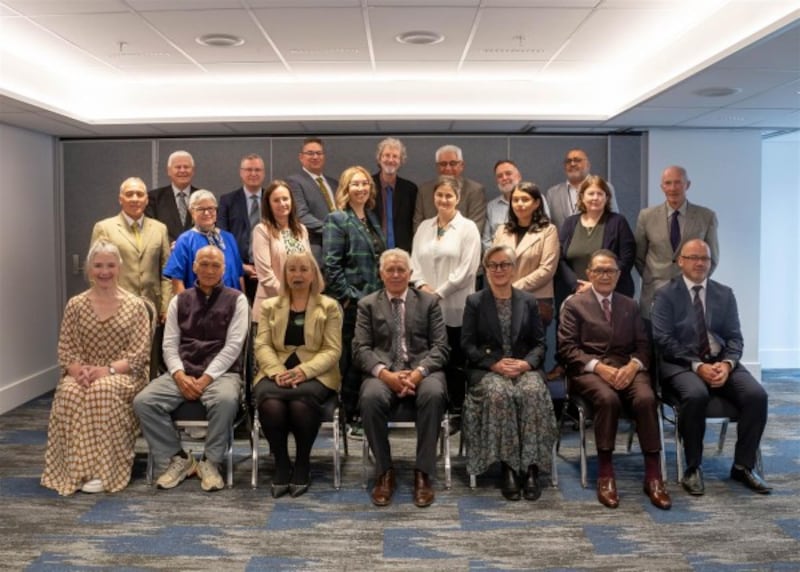
More than 3,370 claims registered
Since 1975, the Waitangi Tribunal has logged more than 3,370 claims, finished 130 inquiries, and has roughly 2,160 cases still active.
Among its most influential rulings was the 1986 report on Te Reo Māori, which paved the way for the Māori Language Act 1987 and the creation of Te Taura Whiri i te Reo Māori, Māori radio, and later Whakaata Māori (formerly known as Māori Television).
Yet because the Tribunal’s findings are only advisory and not legally binding, it leaves many claimants frustrated, with even the United Nations 2018 review criticising New Zealand for “frequently ignoring” its recommendations.
The Tribunal’s own 2023‑24 annual report called for a new strategic direction and set up an internal review panel. Reporting back in March 2025, the panel recommended three priorities: streamlining urgent inquiries, standardising and innovating kaupapa inquiries, and fixing persistent resourcing gaps.
To date, $2.738 billion of financial and commercial redress has been transferred through settlements.
This lifetime cost of settlements ($2.738 b) in comparison equals about 1.5 % of a single year’s government spending or in Budget 2024, less than one budget cycle of tax cuts for landlords ($2.9bn).
Potaka insists the government‘s review of the Treaty of Waitangi Act comes with “no predetermined outcomes,” with the Independent Technical Advisory Group, chaired by Bruce Gray KC, will test the Act’s nuts and bolts—jurisdiction, claim categories, and inquiry processes.
“Well, that’s part of the mahi that’s been undertaken now to get an independent expert advisory to go and engage on a targeted basis with various groups and to consider how the function of the tribunals should operate going forward,” says Potaka.
Potaka describes the exercise as overdue housekeeping for legislation enacted in 1975,
“It’s timely for review. I think everyone will acknowledge that after 50 years, legislation does need to be reviewed,” says Potaka.
Members of the Independent Technical Advisory Group:
There are four members of the Independent Technical Advisory Group. Members bring a broad range of expertise in governance, law, tikanga Māori, claimant advocacy, post-settlement development, and public policy.
Bruce Gray KC (Chair)
Expertise: Legal, Māori development
Senior King’s Counsel with extensive experience in civil and public law, including judicial reviews and inquiries. Notably represented the Anglican Church in the Abuse in Care Inquiry. Appointed Queen’s Counsel in 2006.
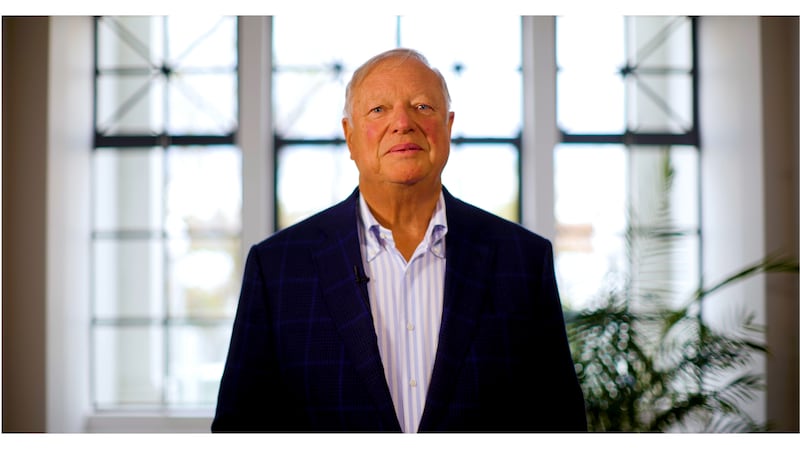
David Cochrane
Expertise: Public policy, legislation
Senior public policy advisor with experience in Treaty policy, legislative development, and Cabinet processes, bridging legal and kaupapa Māori perspectives.
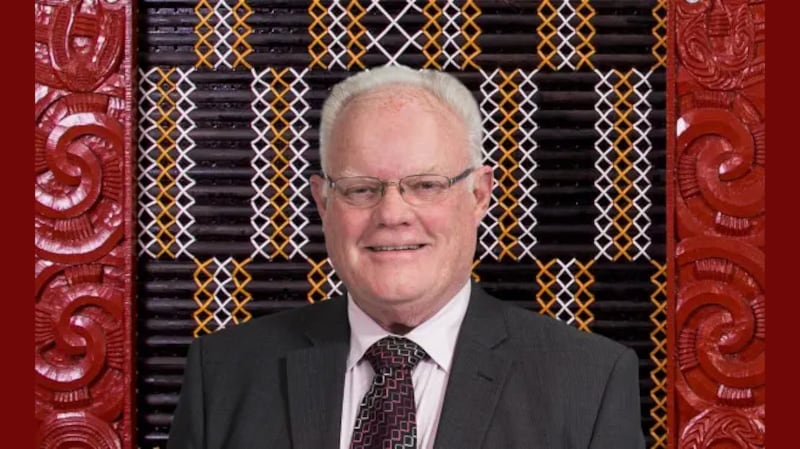
Dion Tuuta
Expertise: Strategy, post-settlement governance
Chief Executive of Te Kotahitanga o Te Ātiawa Trust. Former CEO of Te Ohu Kaimoana (2016–2020) and Parininihi ki Waitōtara Incorporation (2008–2016). Began his career as a historian for the Waitangi Tribunal and served as a Treaty negotiator for Ngāti Mutunga. Holds a Master’s in History from Massey University.

Kararaina Calcott-Cribb
Expertise: Senior Māori policy
Former Deputy Chief Executive at Te Kāhui Kāinga Ora and Chief Executive of Te Kōhanga Reo National Trust. Brings strong Treaty and implementation experience, with deep kaupapa Māori grounding and credibility across iwi and the public sector.
